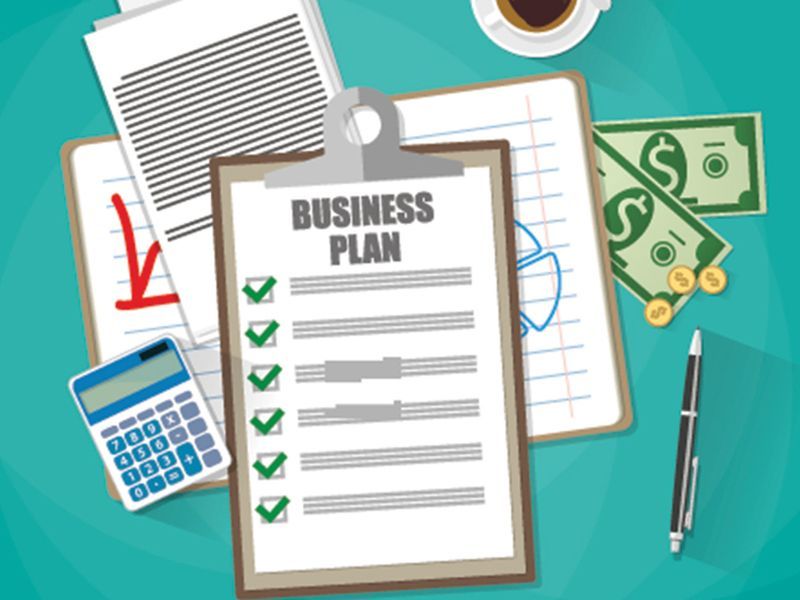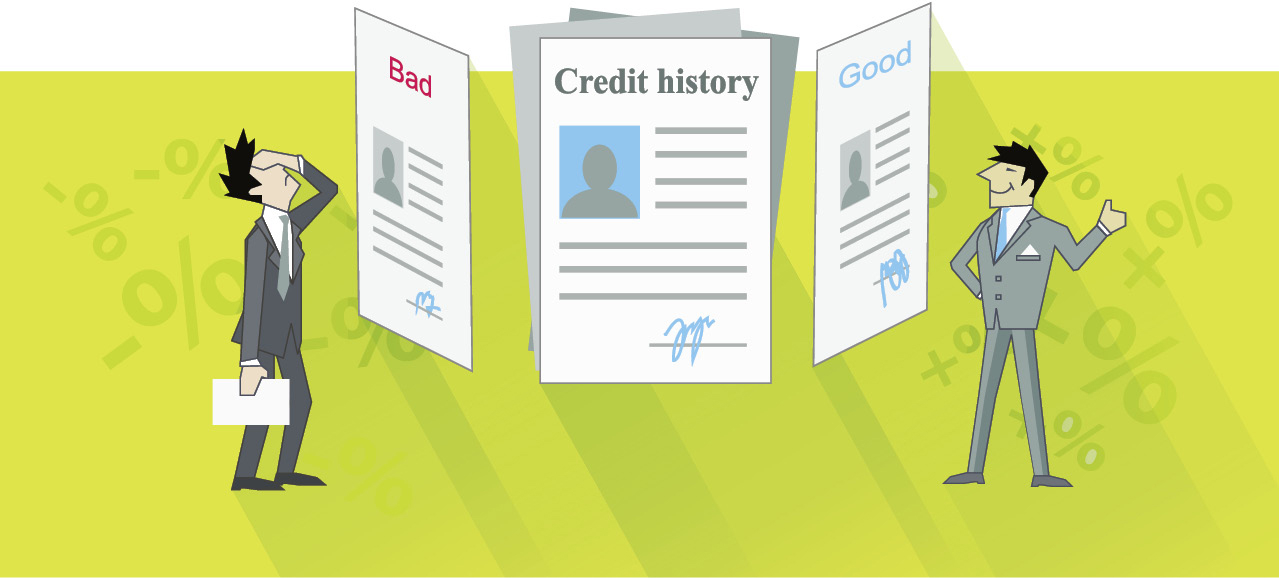
As the world’s economies trudges along during a time of crisis induced by the COVID-19 pandemic, being laid off or having your pay slashed seems to be on the forefront of every salaried individual’s mind.
You may have recently lost your job or you may just be preparing in case of such an emergency. Or you just may have got a salary cut.
Being laid off or having your pay slashed seems to be on the forefront of every salaried individual’s mind in the times of crisis
If you fall into either category and are starting to rely on emergency savings to get through this period, you’ll want to be smart about how you spend that money.
Whatever be your situation, there are a few steps you'll need to take when it comes to your money.
Here’s how financial advisors recommend you budget the money you have left if you lose your job during the pandemic.
Cutting out non-vital expenses
If you’re cash-strapped, the first thing you’ll want to do is take a hard look at how you spend your money.
Financial planners often recommend that desperate times, such as this, calls for being ruthless with your discretionary expenses and eliminating everything you can live without right now.
These could be subscriptions, take-out, clothes or electronics. Pause any recurring subscriptions and make an effort to cut back on online shopping.
After slashing those expenses, you should be down to your core budget for the most part.
However, planners also advise not just limiting budget planning to one sitting. Let's look at what this means.
Revisiting expenses more than once
Go over your revised list of expenses again and look for anything else you can live without right now, like your unlimited phone plan, cable, cleaning service or any delivery services.
TIP: One thing to remember is that eliminating these expenses doesn’t have to be permanent, but could free up some much-needed cash in the meantime.
What you will be left with is what many advisors call the ‘bottom-line expense number’. That’s the leanest version of your typical budget. It should consist of expenses like your rent or home loan payment, food, insurance and utilities.
Being laid off arises the immediate need to limit expenses that might be important in normal life but could go in recessionary times.
Look at how much money you have in your emergency fund or any other savings accounts and divide that by the new monthly expense number you just calculated.
That will give you an idea of how many months you can get by without an income.

Taking stock of personal debt
Most people who work have built a life where they have availed credit cards and loans to pay for things such as cars and rent. So what do you do if the worst happens and you lose your job while in debt?
Most people who work have built a life where they have availed credit cards and loans to pay for things such as cars and rent.
The first step to managing debt after losing your job is to take stock of your debt obligations and prioritize what needs to be taken care of first.
How matter experts recommend one can go about doing this is first making a list of everything he or she owes.
Make a list of everything he or she owes, that way you can make a plan to continue to pay for what you can with your savings and work out how much you need to restructure.
If you’re worried about not being able to keep up with your car note or credit card payments, you want to give your creditors the heads-up sooner rather than later.
Waiting until you’ve fallen behind on the payments and you’re being hounded by debt collectors can do serious damage to your credit and you may end up owing even more if you’ve accumulated a substantial amount of interest.

Lowering family expenses
There also other measures that one could take in the event of a job loss or major salary cuts, as he or she looks to bring down his or her expenses.
Sending your family back home where living expenditure is lower is another way to curb expenses
As an expat, one can save money by sending your family back to your home country where living expenditure can be cut down when staying in the comfort of one’s own surroundings or in a self-owned property.
You needn’t think of implementing such options for the long term, but only for the short term or at least a year, just till you are able to find solid footing in managing expenses.
Also, if you are living in a house whose rent charges are eating away at your budget way too much, consider moving to a bit cheaper accommodation that can still meet your routine needs.
TIP: Remember, that even by cutting down on your expenses nominally each month, can help push your total year-end savings significantly higher.
Knowing your waiver options
Most governments and banks are allowing their respective citizens and clients to postpone payments by a few months, which can be availed if one sees that they are unable to manage their loans after your monthly income stops coming in.
But before you do that, it might be a good idea to check what the bank’s policy is in such a case.
Loan deferment options can be availed if one sees that they are unable to manage their loans after your monthly income stops coming in.

Also, your account is likely to get frozen while the bank carries out a check of your financial position and whether you will be able to pay off your outstanding debt.
Knowing about procedures, related documentation and processing time can help you stay prepared in such a situation, experts add, while forming a strategy to pay off your debt in order of priority.
Either through a debt stacking method, where you pay off the most expensive debt first like the loan with the highest interest rate first.
The next debt repayment option or the debt snowball method where you pay off the smallest debt first, thus helping you get debt-free sooner.
Avoid taking on any new debt
Now is not the time to sign on for anything that adds a new, recurring payment to your monthly bills, or to make purchases you don’t absolutely need.
And you should carefully consider applying for credit of any type, including any store credit cards, no matter how attractive the deal might seem at the time.
Now is not the time to add a new recurring payment to your monthly bills by making purchases you don’t absolutely need!
Although it is tempting to borrow more money to help you through the rough patch, you should avoid this if at all possible.
TIP: Never withdraw cash using your credit card, as credit-card interest is charged at the highest rate of all, warns financial planners.
Possibilities of debt refinancing
The next thing is to consider options to consolidate or refinance your debt. If you have more than one loan or bill that you think you may not be able to make the monthly minimum payment on, you might consider consolidation.
Consolidating debt with a personal loan can be a good idea if you can get a new loan with favorable terms and a lower interest rate than current debt.
Debt consolidation might help you save money by lowering your interest rate and monthly payment. It might also be helpful for you track and manage your finances with a single monthly payment.
If you own your home, check to see if refinancing is an option to lower your monthly payment. And if you have insurance policies, this is the time to use them. Some loans cover you for job loss.
But even if you don’t have job loss insurance you might still be covered through your life insurance policy, which could include involuntary job loss cover as a benefit.

However, it is important to note that refinancing and consolidation may not be an option in the event of job loss and can indeed prove difficult if you can’t find a job soon enough.
Salary cuts too will make it difficult to consolidate debt because with the new salary one may not meet the debt burden ratio (DBR) that is the ratio of total monthly repayment commitment to your monthly income.
It will be even more difficult for a non-salary earner to service the debt, if he doesn’t find a job soon enough.
Creating new means of cash flow
Getting a part-time job may be an alternative as you job hunt, but if loss of income is a result of illness or some other event that makes working impossible, more creative cash-flow alternatives must be found.
If you currently have a side hustle, dedicate more hours to it to improve your earnings. Write more freelance articles. Boost the hours you spend consulting.
Clean out your house and have a big yard sale or sell your unwanted goods on Facebook Marketplace or eBay or any such marketplace.
While increasing your debt load is not an ideal solution when you lose a job, you may have built-in reserves that can temporarily bridge shortfalls.
For instance, some banks avail homeowners a line of credit, which can provide a financial cushion, usually at interest rates below that of credit cards.
Tapping into emergency equity
Also, you may be able to borrow against the cash surrender value of a life insurance policy, essentially loaning money to yourself at low interest rates.
Cash surrender value is money an insurance firm pays to a policyholder if the policy is terminated voluntarily
This does reduce life insurance coverage somewhat, but repayment is flexible, making it a potential resource in a crisis.
If you’ve built up a hefty nest egg in any retirement scheme or employment savings vehicle like gratuity, you could always use it, if no other option left, although this is often advised against.

You could leave it with your employer but it’s fairly easy to take it with you by completing a rollover to another qualified account.








